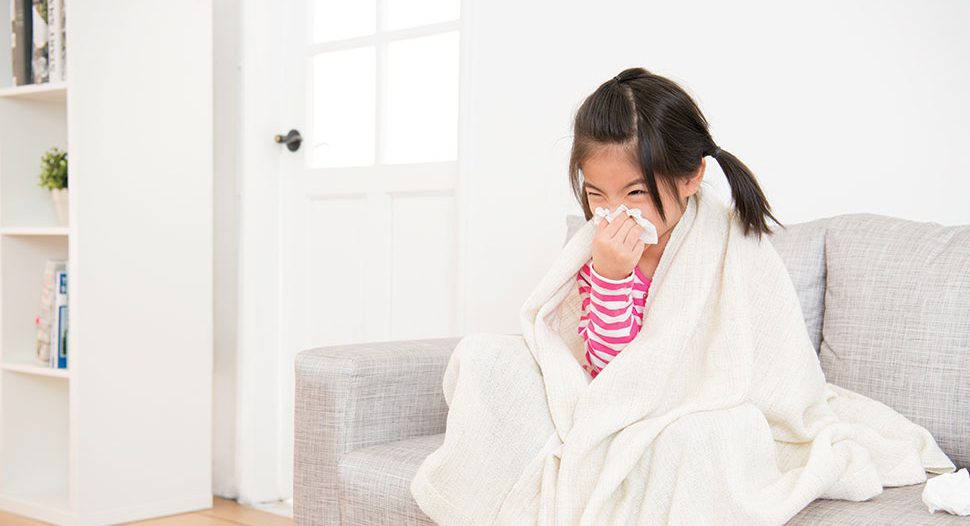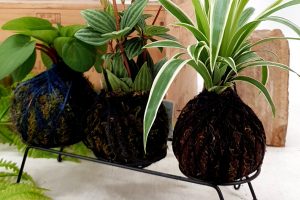Allergic rhinitis, or more commonly known as hay fever, occurs when our immune system reacts to potential allergens breathed in from the air e.g. dust particles, pollen or spores.
It can occur all year round and is usually caused by dust mites, mold, pet hair/fur, or certain occupational allergens e.g. sand, dust. It can also be periodic like when one is exposed to pollen or air pollutants during haze.
Signs and Symptoms:
- Runny nose
- Blocked nose
- Itchy nose and sneezing
- Cough
- Loss of smell
- Red, itchy eyes
- Watery eyes
- Puffy eyelids
Medicines Available in the Pharmacy:
- Antihistamine eye drops
- Corticosteroid nasal sprays
- Nasal decongestant and/or antihistamine
- Oral decongestant and/or antihistamine
- Saline nasal wash
How to Prevent:
The best prevention method is to avoid allergens and potential triggers.
If symptoms occur mainly outdoors:
- Check local air quality and pollution index at NEA website: https://www.haze.gov.sg/ before leaving home, especially during peak haze seasons
- Limit outdoor activities and close up your house and car windows during peak haze period
If symptoms occur mainly indoors:
- Frequent cleaning of surfaces that are likely to accumulate dust
- Wash bedding, curtains and furniture covers in warm water at least once a week
- Use dust mite-resistant coverings for pillows and mattresses
- Wear a face mask during cleaning to reduce breathing dust directly
- Remove plants and clean bathroom regularly to minimise mould growth
- Use an air filter during peak haze seasons
- Keep windows close when you are in bed at night
When to consult a doctor?
If you experience any of the following, do not hesitate to visit a doctor:
- Fever >38°C
- Chest pain
- Shortness of breath
- Worsening of symptoms during self treatment
- Have other long-term conditions (e.g. asthma, COPD)
- Infants <9 months old or frail patients of advanced age
- Allergies to recommended over-the-counter medications
References:
- Michael DS, Richard KG, Sandra YL, et al. Clinical Practice Guideline: Allergic Rhinitis. Otolaryngology- Head and Neck Surgery 2015, Vol. 152(1S) S1-S43.
- Berardi RR. Handbook of nonprescription drugs: an interactive approach to self-Care. Washington, D.C.: American Pharmacists Association; 2009.
- Pharmaceutical Society of Singapore Practice Guidelines: Understanding Cough, Cold, Flu and Allergic Rhinitis. Published October 2016.


 Fibre: Does it Help You Lose Weight?
Fibre: Does it Help You Lose Weight? 5 Trendy Superfoods Worth The Hype
5 Trendy Superfoods Worth The Hype 9 Foods That Help You Age Better and Look Younger
9 Foods That Help You Age Better and Look Younger

